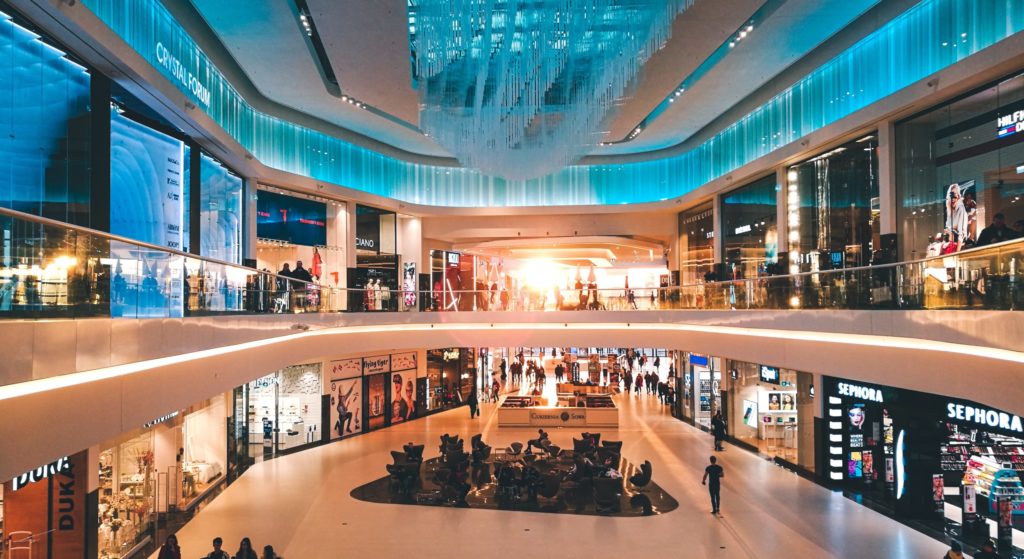The Coronavirus epidemic is profoundly affecting lives and economies globally, with conspicuous consumption dropping significantly. Wearisma’s data reveals a 57% decrease in online conversations about luxury, fashion, and beauty brands in China, and a 22% global decline. Brands must balance protecting employees with serving customers, and demonstrate social responsibility by supporting affected communities, combating discrimination, and promoting health guidelines.

Published On: February 20, 2020
The significance of the growing epidemic that is the Coronavirus is nothing short of a tragedy.
From the lives who will be forever changed by the virus directly, through bereavements and quarantines, to those who are indirectly impacted through a slowing economy peppered with store/factory closures, through disruption across supply chain, travel for holiday or business, we are only starting to enter the next phase of seeing the full effects of the outbreak around the globe.
According to Wearisma’s Brand Advisory platform, one that analyses public social conversations from public media and influencer sources, conversations surrounding conspicuous consumption has understandably taken a backseat. For example, in China, we’ve witnessed a whopping 57% drop in online conversations surrounding 25 leading luxury, fashion and beauty brands comparing January 2019 versus 2020. In comparison, affected neighbouring countries such as Japan and South Korea have also experienced a noticeable decrease in consumer brand interest (a 23% and 13% decrease, respectively). Furthermore, as the World Health Organisation (W.H.O.) declared the spread of Coronavirus a “global emergency”, we can also see that the economic impact is not only regional but also global. The research team at Wearisma revealed that to date, consumer brand interest for the same set of leading brands has dropped by 22% worldwide compared to the same period last year.
Concretely, we see that companies are starting to flag up impacts on their bottom line. Daily reports are rolling out flagging the multitude of ways brand values have depreciated in the wake of the outbreak. Recently, the Japanese automaker, Nissan reported that its January sales in China fell 11.8% from a year earlier due to the outbreak. Similarly, beauty giant Estée Lauder cited the outbreak as the main cause behind its cut profit expectations. The market seems to reflect pessimism as well. Luxury conglomerates including LVMH, whose shares are down 4 per cent this year so far. It also appears to have witnessed a reduction in Chinese consumers shopping both domestically and abroad due to a reduction in travel and bracing for impact abroad with dampened tourism.
How should brands respond to this global health emergency? So far, we have witnessed many companies make steps such as cancelling flights, closing stores and postponing factories. While such actions may be deemed necessary, companies need to balance the need to protect their employees along with the need to serve and stand by their customers.
Furthermore, it’s important to remember that, with the advent of social media, brand-consumer interactions have become increasingly personal as consumers have come to expect brands not simply to sell but to take a stand and have a moral compass. Against this backdrop, brand’s are expected to possess a certain level of social responsibility and those who do are recognised as such. Acts of social responsibility can include: providing crucial support to employees, clients and the wider communities directly impacted by the coronavirus, standing-up against discriminatory acts and promoting approved health guidelines to aid in the prevention of the spread.
As such, we believe that this is an opportunity for brands to take up the responsibility expected of them, to demonstrate empathy and take actions to support those affected. Throughout this period, brands should make every effort to show their solidarity to those affected while finding ways to ameliorate disruption and impact elsewhere.
If you are interested in learning more about this topic and how influential conversations can inform public sentiment, please get in touch.
Keep informed with the latest trends, reports, and case studies from the world of influencer marketing.

Both influencer marketing and traditional advertising can achieve broad reach and foster trust—yet they do so with different strengths and challenges. Influencer marketing builds trust through personal, authentic endorsements that resonate with targeted audiences, often leading to higher engagement and a sense of community. Traditional advertising, on the other hand, leverages the credibility of established platforms and can quickly raise brand awareness across a wide audience.

Stay up to date with the latest industry trends and topics
Discover how WeArisma can help you harness the power in influence, grow your brand’s presence, and achieve measurable success.
WeArisma is a specialist in precision earned media and influencer marketing trusted by leading brands and agencies globally. We leverage cutting-edge AI and unparalleled global data and insights to predict creative strategies that drive brand influence, grow communities, and optimize business results—removing guesswork, reducing risk, and ultimately driving real business growth.